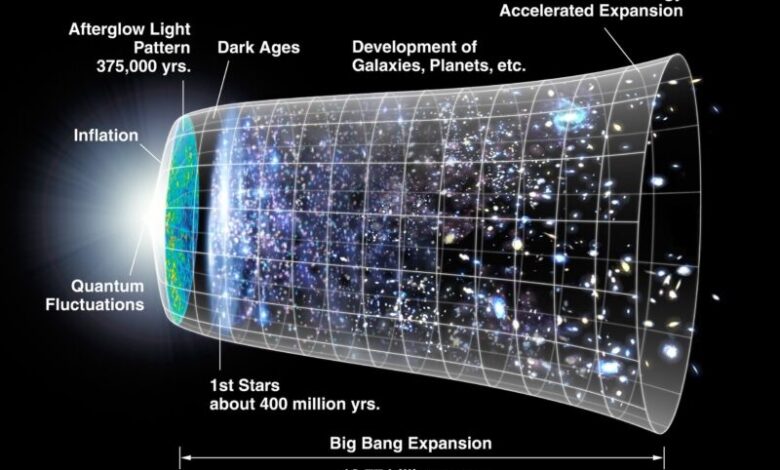Are current cosmological theories valid ?
News Mania Desk \ Piyal Chatterjee \ 22nd january 2025

Recent discoveries have heightened discussions about the universe’s expansion, indicating that variations in its velocity could question established cosmological theories. Data gathered from sophisticated tools such as the Hubble Space Telescope and James Webb Space Telescope show discrepancies in expansion rates across various areas, prompting scientists to seek answers.
Researchers have bolstered the evidence for this inconsistency, suggesting possible gaps in the grasp of physics and cosmology that have informed theories for many years. As per findings released in The Astrophysical Journal Letters, information gathered from the Dark Energy Spectroscopic Instrument (DESI) has offered fresh insights into the Hubble constant, which measures the rate of the universe’s expansion.
Utilizing the Coma galaxy cluster, situated about 320 million light-years away from Earth, the research found an expansion rate of 76.5 kilometers per second per megaparsec (km/s/Mpc). This contradicts previous measurements derived from the cosmic microwave background (CMB), which indicated a lower figure of 67 km/s/Mpc.
The difference stems from two main approaches to computing the Hubble constant. Data from the early universe obtained from the CMB corresponds with expectations from the standard cosmological model. Conversely, observations from Cepheid variable stars and Type Ia supernovae — used to gauge distances in subsequent cosmic phases — consistently provide greater expansion rates. Initiatives by groups like DESI seek to enhance these measurements further yet persist in heightening the tension.






